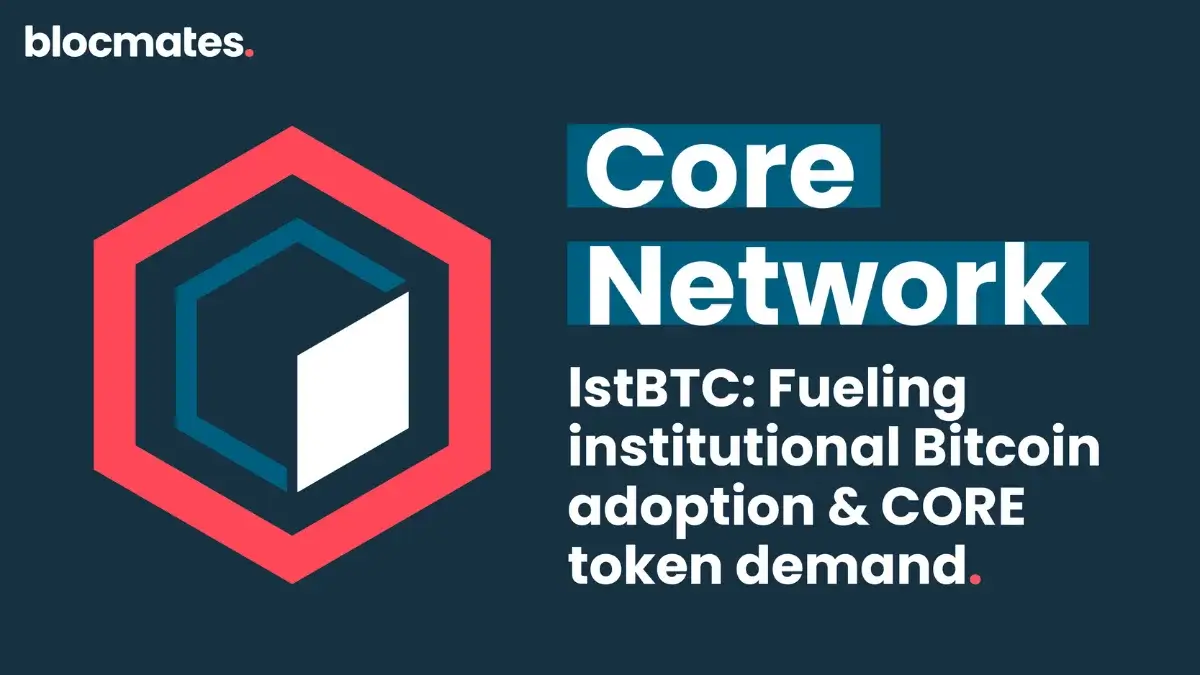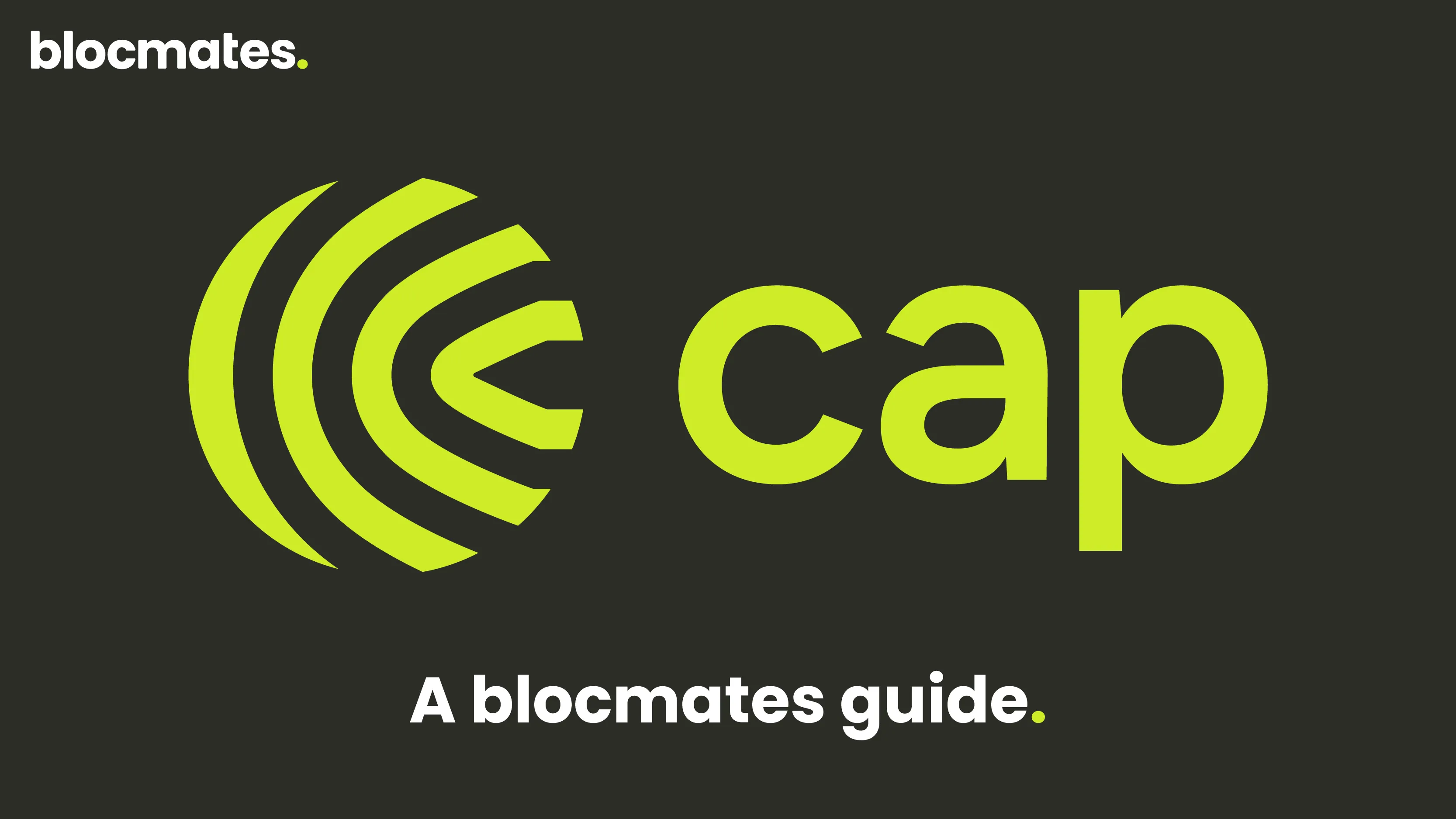A federal appeals court in the US ruled that the Treasury Department’s Office of Foreign Assets Control [OFAC] overstepped its authority in sanctioning crypto mixer Tornado Cash.
Background
- The Fifth Circuit Appeals Court three-judge panel say that Tornado Cash’s immutable smart contracts are not the 'property' of a foreign national or entity
- This means they cannot be blocked under the International Emergency Economic Powers Act [IEEPA]
- They also ruled that the OFAC overstepped its congressionally defined authority
- The OFAC branded Tornado Cash as a sanctioned entity in Q3 2022
- At the time, Tornado was characterized as a "notorious" crypto-mixing service
- The agency also went on to restrict users from the US to engage with the mixer
- Alongside, it also went on to link Tornado Cash to North Korea’s nuclear weapons program
Why should you pay attention?
- The ruling underlined that Tornado remains beyond regulatory reach
- This is because its smart contracts are neither ownable nor are traditional contracts or services
- The smart contracts will now be removed from the sanctions list
- US users will once again be allowed to use this privacy-shielding protocol
- In other words, the government’s overreach will not stand
- Tornado Cash’s governance token, TORN, was trading around the $3.5 threshold on Tuesday
- However, on the heels of the ruling, it went on to touch $34.98
Who said what?
- Coinbase and others had sued the government on the grounds of overreach
- The exchange’s Chief Legal Officer Paula Grewal said,
“Privacy wins. This is a historic win for crypto and all who care about defending liberty. Coinbase is proud to have helped lead this important challenge”
- He added,
“In particular, the Court ruled that while Treasury has the power to take action against “property,” the open-source, immutable smart contracts at the core of Tornado Cash *can’t* be owned by anyone and so are not “property” subject to sanctions”
- The judges emphasized,
"We readily recognize the real-world downsides of certain uncontrollable technology falling outside of OFAC’s sanctioning authority. But we must uphold the statutory bargain struck (or mis-struck) by Congress, not tinker with it"
Zooming out
- No stalwart advocates the criminal and malicious usage of crypto protocols
- Blocking open source technology entirely because a small portion of users are bad actors ain’t a done deal
- The sanctions imposed had stretched the Treasury’s authority beyond recognition
- The Fifth Circuit, in retrospect, agreed
















.webp)

.webp)
.webp)

%20(1).webp)



























































%202.webp)


.webp)

.webp)
.webp)
.webp)



.webp)












%20the%20Next%20Big%20Unlock%20in%20AI.webp)



.webp)
.webp)

.webp)
.webp)
.webp)


.webp)
.webp)










.webp)


.webp)









.webp)







.webp)




.webp)


























.webp)







.webp)















.webp)

.webp)
.webp)

.webp)














.webp)

.webp)


.webp)








.webp)




